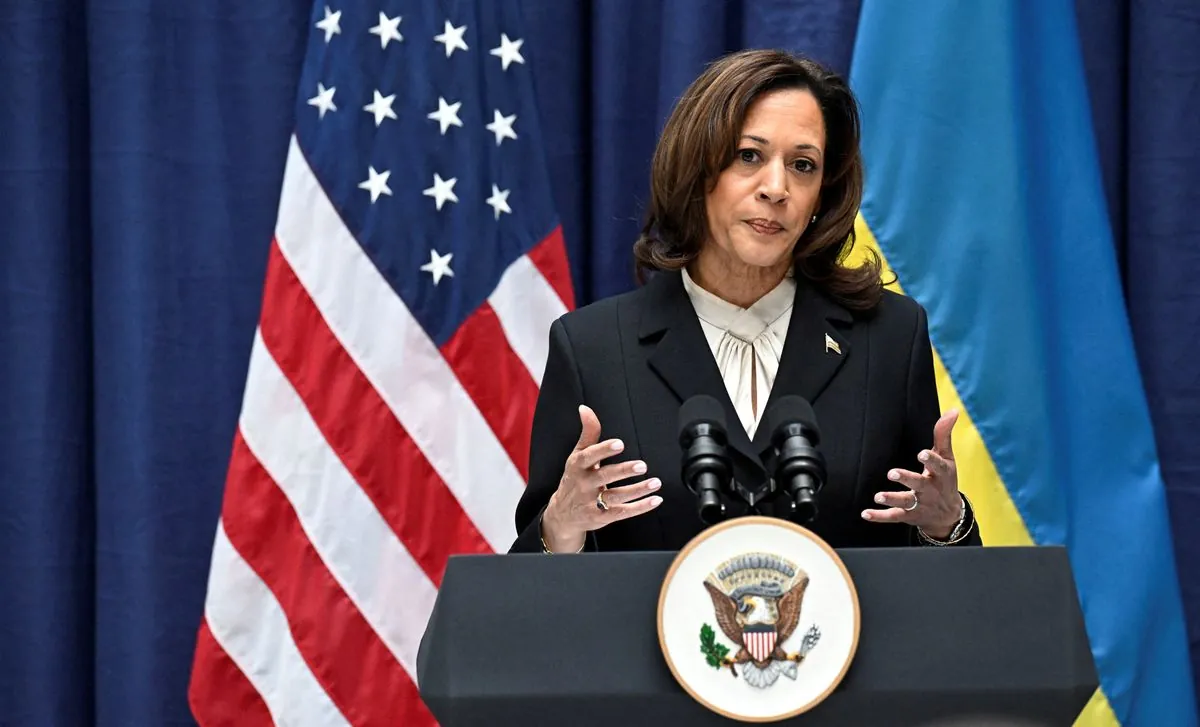Kamala Harris, the current Vice President and presidential candidate, finds herself at the center of a debate over her ties to the tech industry. As she campaigns for the highest office in the land, her long-standing connections to Silicon Valley are under scrutiny.
Born and raised in Oakland, California, Harris has cultivated relationships with tech industry leaders throughout her political career. These connections have been instrumental in her rise from San Francisco district attorney to the White House. However, they now present a challenge as she navigates a political landscape increasingly critical of Big Tech's power.
The tension between Harris's tech industry support and the Biden administration's regulatory efforts is evident. While the current administration has taken an aggressive stance against tech giants, some of Harris's chief advisers and donors are positioned against these initiatives.
Last month, top industry lobbyists and venture capitalists attended the Democratic National Convention in Chicago to support Harris. This week, a high-profile fundraising lunch in Atherton, California, further highlights her strong ties to Silicon Valley's elite.
Harris's inner circle includes several officials with backgrounds in major tech companies:
- Karen Dunn, a top adviser, is leading Google's defense in an upcoming antitrust trial
- David Plouffe, former policy executive for Uber and Meta CEO Mark Zuckerberg's philanthropic venture
- Eric Holder, who has conducted audits for Uber and Microsoft
- Tony West, Harris's brother-in-law and Uber's chief legal officer
These connections have raised concerns among some liberal Democrats. Jeff Hauser, executive director of the Revolving Door Project, expressed worry that Harris's tech ties could impact her "appointments, her policy decisions, her worldview."
However, Harris's history with the tech industry is not one-sided. As California's attorney general, she pressed companies on data privacy and worked to combat nonconsensual explicit imagery online. In the Senate, she questioned tech executives during high-profile hearings and supported legislation that challenged key tech industry legal protections.
"Having been more connected to Silicon Valley for years, I think she has more of a sense of why it is we shape the future through technology. And so I think she will be more positive on elements of the technology industry."
As the campaign progresses, Harris must strike a delicate balance between her long-standing tech industry support and the growing bipartisan sentiment against Big Tech's power. Her approach to this issue could significantly impact her presidential bid and, potentially, the future of tech regulation in the United States.
